THE YEAR 1947 marked a turning point in the post-war world. Nations were rebuilding amid deepening political divides, as the Cold War began to take shape. In Britain, austerity continued under rationing and economic strain, though the royal wedding of Princess Elizabeth and Philip Mountbatten brought a welcome moment of celebration. The United States introduced the Truman Doctrine, signalling a new global role in resisting Soviet influence. India and Pakistan gained independence after the partition of the subcontinent, while the United Nations voted to divide Palestine, setting the stage for future conflict. Scientific advances and renewed international cooperation coexisted with growing ideological tension, defining 1947 as a year of both reconstruction and uncertainty.
To take a look at what big events make the headlines during this eventful year for yourself, read one of our 1947 newspapers.
January
1 January: The British government officially nationalised the coal industry, placing 850,000 workers and over 900 coal mines under public ownership. This was one of the major reforms introduced by Clement Attlee’s post-war Labour government in its effort to rebuild the economy and extend state control over key industries.
2 January: Mahatma Gandhi began a fast in Calcutta to protest ongoing communal violence between Hindus and Muslims. His fast called for peace and reconciliation as India approached independence, and it succeeded in temporarily halting riots in the region.

Mahatma Gandhi. Image: Wikipedia
3 January: The British Royal Navy began large-scale clearance operations of wartime naval mines in the North Sea and English Channel. These efforts were essential to restoring safe maritime routes for merchant vessels and fisheries following years of wartime disruption.
7 January: Severe winter weather began to grip the United Kingdom, initiating what would become one of the harshest winters in British history. Heavy snowfall and freezing temperatures paralysed transport, disrupted fuel supplies, and foreshadowed a national energy crisis.
10 January: The second session of the United Nations General Assembly resumed in London, held at Central Hall, Westminster. Representatives from 51 nations gathered to continue discussions on international peace, decolonisation, and the development of the organisation’s role in global diplomacy.
15 January: In the United States, the mutilated body of aspiring actress Elizabeth Short was discovered in Los Angeles. The gruesome and unsolved murder became known as the Black Dahlia case, capturing the attention of the American public and press.
17 January: The French government under Prime Minister Léon Blum faced increasing instability after failing to push through vital financial reforms. His short-lived administration would collapse officially just days later, reflecting the volatile political landscape of post-war France.
20 January: The UK experienced its coldest day of the winter so far, with temperatures dropping below minus 20 degrees Celsius in parts of England and Scotland. Frozen rivers and widespread rail disruptions intensified the nation’s growing fuel and transport crisis.
22 January: British composer Ralph Vaughan Williams premiered his Symphony No. 6 at the Royal Albert Hall in London. The sombre and intense work sparked wide public interest and was interpreted by many as a reflection on the destruction and uncertainty left in the wake of the Second World War.
25 January: Al Capone, the infamous Chicago gangster, died at his Florida estate at the age of 48. After serving time for tax evasion and suffering from advanced syphilis, Capone spent his final years in seclusion, his health and influence greatly diminished.

Al Capone. Image: Wikipedia
28 January: The British Ministry of Fuel and Power announced emergency measures to cope with dwindling coal supplies. The government ordered the closure of non-essential factories and severely limited electricity to homes and businesses in an attempt to conserve fuel.
30 January: Orville Wright, one half of the Wright brothers who pioneered powered flight, died in Dayton, Ohio at the age of 76. Wright witnessed the evolution of aviation from their first 1903 flight to the advent of jet aircraft during the Second World War.
February
1 February: In Hungary, pressure mounted on democratic parties as the Soviet-backed Communist Party intensified efforts to eliminate opposition. These tensions would culminate later in the month with the arrest of Béla Kovács, a senior leader in the Independent Smallholders’ Party.
2 February: British rail services were severely disrupted as the extreme winter weather continued. Snowdrifts blocked major lines across northern England and Scotland, while worsening coal shortages forced widespread cancellations and slowdowns in national transport.
6 February: The Bank of England faced growing pressure over inflation and foreign exchange losses as Britain’s post-war economic struggles deepened. While no official rate hike was made on this date, there was rising concern over the government’s ability to maintain international reserves and pay for imports.
7 February: A record-breaking snowstorm struck the northeastern United States, blanketing New York City in over 26 inches of snow. The blizzard paralysed the region for several days, disrupted transit systems, and became the heaviest snowfall ever recorded in Central Park at that time.
10 February: The Paris Peace Treaties were signed between the Allied powers and Italy, Romania, Hungary, Bulgaria, and Finland. These agreements officially ended hostilities with the former Axis-aligned nations and redrew key national boundaries across Europe.
12 February: British Foreign Secretary Ernest Bevin addressed the House of Commons, warning of Soviet expansionism in Eastern Europe. His speech signalled a shift in British foreign policy toward closer alignment with the United States and laid the groundwork for Cold War cooperation between Western democracies.
14 February: Eva Perón began organising the Female Peronist Party in Argentina, the country’s first large-scale women's political organisation. Although it would be formally established later in the year, her early efforts in February included public speeches and the mobilisation of thousands of female supporters.
17 February: The British government announced tighter food restrictions as the fuel crisis and poor harvests put pressure on domestic supply chains. Although bread had already been rationed since 1946, additional controls on fats, meat, and flour were implemented to conserve dwindling resources.
20 February: Emergency measures were enacted as Britain’s coal crisis reached critical levels. Factories were closed, electricity was suspended for five hours each day, and radio and television broadcasts were temporarily halted to conserve power across the nation.
21 February: American inventor Edwin H. Land publicly demonstrated the world’s first instant camera at a meeting of the Optical Society of America in New York. The Polaroid Model 95 astonished the audience by producing a fully developed photograph in under a minute.
25 February: Hungarian opposition leader Béla Kovács was arrested by Soviet-backed authorities and deported to the USSR without trial. The same day, in Czechoslovakia, Communist Party leader Klement Gottwald began purging non-Communists from the government, signalling the tightening grip of Soviet influence across Central Europe.
28 February: The 228 Incident began in Taiwan after government agents violently confronted an elderly cigarette vendor in Taipei. Widespread public protests followed, leading to a brutal crackdown by Kuomintang forces. Thousands were killed in the ensuing violence, marking the beginning of decades of political repression on the island.
March
1 March: The International Monetary Fund (IMF) began its first financial operations, providing assistance to member countries attempting to stabilise their post-war economies. These early transactions marked the IMF’s transition from a wartime agreement to a functioning global financial institution.
3 March: British Prime Minister Clement Attlee announced in the House of Commons that India would be granted full independence no later than June 1948. This public commitment marked a formal turning point in the British Empire's policy and accelerated the timeline for the dissolution of colonial rule in South Asia.
4 March: Princess Elizabeth made one of her earliest solo public appearances by visiting a children’s welfare centre in East London. As heir presumptive, she had begun taking on more responsibilities as part of her preparation for future royal duties.
5 March: In the United States, the War Assets Administration continued transferring large numbers of surplus military aircraft to civilian airlines and international buyers. These aircraft were instrumental in boosting commercial aviation and post-war transport networks around the world.
7 March: The BBC resumed near-full national radio service as electricity restrictions were eased following the worst of Britain’s winter coal crisis. Although some power cuts continued, the return of daily programming restored a sense of normality to millions of households.
10 March: Widespread flooding began across southern England and the Midlands as rapid snowmelt from the extreme winter overwhelmed rivers and floodplains. Thousands of homes were inundated, making it one of the most serious floods in modern British history.
12 March: U.S. President Harry S. Truman addressed Congress to introduce the Truman Doctrine. He pledged $400 million in military and economic aid to Greece and Turkey to help resist communist insurgencies, signalling the United States' new role as a global defender of democracy during the emerging Cold War.
13 March: The 19th Academy Awards ceremony took place in Los Angeles, with The Best Years of Our Lives winning Best Picture. The film, which told the story of American veterans returning home from the Second World War, was praised for its honest portrayal of post-war challenges and reintegration.
17 March: France and the United Kingdom signed the Treaty of Dunkirk, a mutual defence agreement aimed at deterring any future German aggression. While framed as a bilateral measure, it laid the foundation for broader European security cooperation in the coming years.
20 March: A parliamentary by-election in Edinburgh West saw the Conservative candidate win a large majority, signalling a growing public dissatisfaction with the Labour government's handling of post-war economic hardships. The result was viewed as a warning sign ahead of future elections.
23 March: In Kenya, tensions rose between the colonial administration and Kikuyu communities over land access and agricultural restrictions. While no single event occurred on this date, the month marked a period of escalating discontent that would culminate in organised resistance later in the decade.
29 March: The 1947 All England Badminton Championships concluded at Harringay Arena in London. The tournament was one of the first major international sporting events to return after the war, drawing large crowds and reaffirming Britain’s status as a centre for competitive badminton.
April
1 April: The British school-leaving age was officially raised from 14 to 15, in accordance with the Education Act 1944. This major post-war reform aimed to increase access to secondary education, improve workforce qualifications, and reduce youth unemployment.
2 April: Preparatory discussions began at the United Nations regarding the formation of a special committee to address the future of Palestine. These early negotiations set the stage for the formal establishment of the United Nations Special Committee on Palestine (UNSCOP) later that month.
4 April: The International Civil Aviation Organization (ICAO) officially began operations in Montreal, Canada. Created under a 1944 convention, the agency was tasked with promoting safe and orderly international air travel through standardised global regulations.
7 April: American industrialist Henry Ford died at the age of 83 at his estate in Dearborn, Michigan. As the founder of the Ford Motor Company, he revolutionised manufacturing with the assembly line and had a profound influence on the global economy and transportation.
10 April: In Italy, Prime Minister Alcide De Gasperi’s Christian Democracy party won a sweeping victory in regional elections. The result confirmed public rejection of Communist influence and strengthened the Western-aligned government during a period of post-war political instability.
13 April: In the Soviet Union, the state intensified its cultural crackdown by promoting nationalist literature and denouncing so-called “cosmopolitan” writers. While the campaign escalated over the next year, April 1947 saw increased pressure on intellectuals to conform to Stalinist ideology.
15 April: The British Central Office of Information launched a new public campaign urging households to conserve fuel and electricity. Posters, pamphlets, and cinema reels were distributed nationally as the government sought to stabilise supply in the aftermath of the winter energy crisis.
18 April: Jackie Robinson made his professional baseball debut with the Montreal Royals, a minor league affiliate of the Brooklyn Dodgers. In a stunning performance, he recorded four hits and a home run, demonstrating his readiness to break the Major League colour barrier later that month.
20 April: Violence escalated in French-controlled Madagascar as colonial troops cracked down on nationalist protests. The uprising, which had begun in late March, led to the deaths of thousands over the following months and highlighted growing resistance to European colonial rule in Africa.
24 April: Christian Dior hosted his second major post-war fashion show in Paris, showcasing designs that reinforced the popularity of his “New Look.” The luxurious silhouettes and emphasis on femininity offered a stark contrast to wartime austerity and revived interest in haute couture.
Shop our book to learn more about The History of Fashion through newspaper headlines!

27 April: In London, the first performance of Benjamin Britten’s opera The Rape of Lucretia was broadcast on BBC radio, marking an important moment in British modernist music. The production had premiered the previous year in Glyndebourne and reflected the post-war revival of cultural life.
30 April: The United Nations Economic and Social Council (ECOSOC) convened in Geneva to discuss global reconstruction and labour issues. Delegates addressed international cooperation on economic recovery, employment standards, and the rebuilding of war-affected regions.
May
1 May: International Workers’ Day was observed with large-scale demonstrations across Europe. In Prague and Warsaw, Communist-aligned governments organised mass parades to showcase their alignment with the Soviet Union, while in Western capitals, union-led marches focused on post-war labour reforms and social equity.
2 May: In the United Kingdom, the Ministry of Health outlined further developments under the New Towns Act during a Parliamentary session. The government continued its push to relieve urban overcrowding by establishing planned towns such as Stevenage and Crawley.
12 May: The Cannes Film Festival opened its first full post-war edition in France, showcasing films from over a dozen countries. The 1947 festival helped re-establish Cannes as a leading venue for global cinema and a symbol of cultural recovery in Europe.
13 May: The United States Senate passed the Taft-Hartley Bill, designed to restrict the power of labour unions and limit the scope of strikes. The bill would face a presidential veto the following month, but its Senate passage reflected a shift in American attitudes toward post-war labour disputes.
14 May: Test pilot Chuck Yeager continued a series of experimental flights in the Bell X-1 rocket plane at Muroc Army Air Field in California. Though he had not yet broken the sound barrier, Yeager achieved speeds exceeding 800 kilometres per hour during May test runs.
15 May: The BBC resumed its television broadcasting service following a suspension caused by the winter fuel crisis. Although programming was initially limited, the return of television was welcomed by the public as a sign of national recovery and technological progress.
18 May: Public health authorities in the United States and Canada reported a sharp rise in polio cases, prompting renewed restrictions on public gatherings. The spread of the virus during the spring and summer of 1947 would result in intensified efforts to develop a reliable vaccine.
20 May: A major diplomatic conference opened in Geneva under the United Nations Economic and Social Council (ECOSOC), where delegates discussed post-war reconstruction, international trade cooperation, and labour standards. The session marked the UN's growing role in shaping global recovery.
21 May: The French government approved a new round of funding for the Marshall Plan’s anticipated rollout, aligning itself with American-led reconstruction policy. Although the plan was not formally announced until June, France’s early support was instrumental in gaining momentum among European allies.
24 May: Charlton Athletic defeated Burnley 1 – 0 after extra time in the FA Cup Final at Wembley Stadium. It was Charlton’s first victory in the post-war era and followed their narrow loss in the 1946 final, cementing their place in English football history.
27 May: In the Soviet-occupied zone of Germany, authorities intensified restrictions on political opposition groups, with several newspapers shut down and non-Communist organisers detained. These developments signalled the growing consolidation of Communist power in East Germany.
June
1 June: The National Health Service Bill passed its second reading in the British House of Commons. Introduced by Health Minister Aneurin Bevan, the bill proposed a publicly funded health service available to all citizens, forming the foundation of the NHS, which would officially launch in 1948.
3 June: The British government formally announced its plan to partition British India into two independent dominions, India and Pakistan. The declaration confirmed that independence would be granted by 15 August 1947 and sparked intense political and communal activity on the subcontinent.
5 June: U.S. Secretary of State George C. Marshall delivered a speech at Harvard University proposing a comprehensive aid package to help rebuild Europe’s war-torn economies. Known as the Marshall Plan, it signalled a major shift in U.S. foreign policy and economic leadership in the post-war world.
10 June: A wave of strikes in France disrupted railway operations, coal production, and postal services. While the strikes were not formally political, they reflected growing public dissatisfaction with rising prices and food shortages, as well as the tension between socialist and communist factions.
12 June: The United Nations Special Committee on Palestine (UNSCOP) arrived in Jerusalem to begin its inquiry into the future of the British Mandate. Jewish leaders welcomed the delegation, while Arab representatives boycotted the investigation, foreshadowing increasing tensions in the region.
14 June: At Bell Laboratories in New Jersey, American researchers John Bardeen and Walter Brattain successfully demonstrated the control of electric current using a germanium crystal. Their experimental work in June laid the groundwork for the official invention of the transistor later that year.
16 June: Dutch athlete Fanny Blankers-Koen continued her winning streak at domestic athletics competitions in Amsterdam, building momentum toward the 1948 Olympics. Her performance during the 1947 season established her as a leading contender in multiple sprint and hurdle events.
20 June: In the Soviet zone of Germany, the Socialist Unity Party accelerated its control of civil society by merging youth organisations into the Free German Youth (Freie Deutsche Jugend). The move eliminated independent political youth groups and helped standardise ideological education under Soviet supervision.
23 June: The Canadian Citizenship Act received Royal Assent, making Canada the first Commonwealth nation to create its own legal definition of citizenship. Until this point, Canadians had been considered British subjects under imperial law.
25 June: Anne Frank: Het Achterhuis (The Diary of a Young Girl) was published for the first time in Amsterdam by Contact Publishing. The book provided an intimate account of life in hiding during the Nazi occupation and would go on to become one of the most widely read Holocaust testimonies in the world.
26 June: The National Coal Board in the UK announced a modest surplus in coal output, marking the first time since nationalisation that stockpiles had begun to recover. The improvement followed months of rationing, power cuts, and labour mobilisation during the severe winter.
30 June: The United States Census Bureau released updated demographic figures estimating the national population at 141 million. A notable rise in birth rates since 1945 confirmed the early stages of what would become the post-war baby boom.
July
1 July: In the United Kingdom, the Ministry of Food eased restrictions on the sale of seasonal produce including lettuces and soft fruits. Although full rationing remained in place, the adjustment reflected a gradual improvement in domestic food supply following the post-war shortages.
2 July: Near Roswell, New Mexico, a local rancher discovered debris that sparked intense speculation about unidentified flying objects. The U.S. Army initially reported the recovery of a “flying disc” but later clarified the wreckage was from a weather balloon. The incident would become one of the most enduring legends in American UFO lore.
4 July: The Philippines marked the first anniversary of full independence from the United States, declared on 4 July 1946. Ceremonies in Manila celebrated the nation’s emergence as a sovereign republic and reaffirmed its alliance with the U.S.
5 July: The 1947 Wimbledon men’s singles final was won by American Jack Kramer, who defeated Tom Brown in straight sets. The match was among the earliest major sporting events to be televised live in Britain, with BBC coverage reaching an expanding number of post-war viewers.

7 July: Princess Elizabeth visited the Royal Horticultural Society’s summer flower show in London, continuing her increased schedule of public appearances. Her growing role in royal engagements reflected preparations for future leadership duties.
9 July: Tensions continued to rise in Palestine as sporadic violence between Jewish and Arab groups intensified. The United Nations Special Committee on Palestine (UNSCOP) conducted hearings in Jerusalem and faced challenges to its mission from both sides amid the deteriorating security situation.
10 July: The U.S. military conducted one of its earliest post-war guided missile tests under the GAPA programme (Ground-to-Air Pilotless Aircraft). Although still in the experimental stage, these tests marked an important step in the development of American missile defence systems during the emerging Cold War.
14 July: The British government introduced the Transport Bill in Parliament, outlining the nationalisation of railways, canals, and long-distance road haulage. The policy aimed to integrate the country’s fragmented transport network and modernise infrastructure under state control.
18 July: A major heatwave swept across much of the United Kingdom, with temperatures exceeding 33°C (91°F) in some regions. The unusual summer weather strained water supplies and contributed to poor working conditions in cities already recovering from post-war disruptions.
22 July: The United Nations Special Committee on Palestine toured areas of Tel Aviv and Haifa under armed escort following recent bombings and attacks. Although no single large incident occurred that day, the period marked a sustained escalation in violence, prompting international concern.
26 July: The National Theatre in Prague reopened after wartime damage and post-war repair efforts. A performance of Bedřich Smetana’s Libuše marked the official return of cultural programming to the prestigious venue, symbolising national revival in Czechoslovakia.
30 July: The Soviet Union continued summer military exercises and demonstrations in several regions, prompting concern among Western observers. While no specific parade was held in Moscow that day, military manoeuvres and public displays across the USSR were interpreted as a show of strength amid rising Cold War tensions.
August
1 August: In the United Kingdom, the Ministry of Fuel and Power continued energy-saving regulations introduced earlier in the year, limiting industrial electricity use during peak periods. These measures were part of ongoing efforts to stabilise national energy consumption after the severe winter shortages.
5 August: The framework for America’s post-war security apparatus took shape with the recent passage of the National Security Act, signed into law by President Truman on 26 July. The act created the Department of Defense, the Central Intelligence Agency (CIA), and the National Security Council, fundamentally reshaping U.S. defence policy.
7 August: In post-war Germany, Konrad Adenauer consolidated his leadership of the Christian Democratic Union (CDU), guiding the party through its formative months. Under his direction, the CDU laid the foundation for what would become the Federal Republic of Germany’s dominant political force by 1949.
10 August: In New York, LIFE magazine published an exposé on the conditions of displaced persons camps in Europe, drawing public attention in the United States to the humanitarian crisis affecting millions across Germany, Austria, and Poland. The article contributed to growing international pressure for refugee resettlement.
14 August: Pakistan officially became an independent dominion within the British Commonwealth. Muhammad Ali Jinnah was sworn in as the first Governor-General during a ceremony in Karachi, while Pakistan’s new flag was raised above government buildings for the first time.
15 August: India celebrated its first day as an independent nation, ending over 190 years of British rule. At midnight, Jawaharlal Nehru addressed the Constituent Assembly in New Delhi with his famous “Tryst with Destiny” speech, proclaiming a new era for the world’s largest democracy.
16 August: In the immediate aftermath of Partition, violent communal clashes broke out across Punjab and Bengal. Hundreds of thousands began fleeing their homes, initiating one of the largest mass migrations in history. Violence between Hindus, Muslims, and Sikhs resulted in thousands of deaths in the first week alone.
20 August: The UK Ministry of Education published a report highlighting a critical shortage of trained teachers across England and Wales. The findings prompted the government to expand emergency teacher training schemes to support the increased number of pupils following the raised school-leaving age.
22 August: The first Edinburgh International Festival opened in Scotland with a performance of Beethoven’s Fidelio at the Usher Hall. Conceived as a celebration of the human spirit through the arts, the festival brought together musicians, theatre companies, and dancers from across Europe, helping to restore international cultural ties after the war.
25 August: French authorities continued debating the future status of Algeria within the French Union. Although the Algerian Statute would not pass until September, late-August discussions marked a turning point, as the government proposed limited autonomy in an attempt to defuse nationalist tensions.
30 August: The United Nations Special Committee on Palestine (UNSCOP) concluded its field investigations in Mandatory Palestine and departed from Haifa. The committee soon began drafting its final report in Geneva, which would recommend partition and lay the groundwork for the creation of Israel.
September
1 September: In the United Kingdom, fuel rationing measures remained in place, but the Ministry of Fuel and Power made small adjustments to industrial allocations during the late summer months. These changes reflected ongoing efforts to stabilise energy usage after the severe winter shortages earlier in the year.
2 September: In Hanoi, Ho Chi Minh addressed a crowd marking the second anniversary of Vietnam’s declaration of independence from France. While the country remained under contested colonial control, the date served as a symbol of the Viet Minh’s ongoing struggle for sovereignty.
5 September: In Geneva, the United Nations Special Committee on Palestine began drafting its final report following its return from the Middle East. The committee had concluded field investigations in August and now debated recommendations on partition and the future of the British Mandate.
9 September: At the Montreal Neurological Institute, Dr. Wilder Penfield’s work on epilepsy treatment gained international attention after he demonstrated his cortical stimulation technique to a medical delegation. His method allowed mapping of brain functions while patients remained conscious during surgery.
12 September: The second Cannes Film Festival concluded in France, drawing positive international attention for its expanded post-war programme. Films from Italy, the United States, and the Soviet Union were showcased, re-establishing the festival as a leading venue for international cinema.
15 September: The British government announced a policy review concerning the continued use of national identity cards. Originally introduced during the war, the cards remained mandatory in peacetime, but growing public concern about privacy and bureaucracy prompted discussion of their long-term future.
17 September: In Berlin, tensions increased between Soviet and Western administrators within the Allied Control Council over economic coordination. Though the Berlin Blockade would not begin until 1948, September 1947 marked a clear deterioration in four-power cooperation.
20 September: In the United States, NBC launched Meet the Press as a radio programme hosted by Martha Rountree. It quickly gained popularity for its direct questioning of public officials and would later become the longest-running television news programme in American broadcasting history.
23 September: The French National Assembly passed key provisions of the Algerian Statute, granting limited self-governance to Algerian territories while maintaining colonial oversight. The move was criticised both by Algerian nationalists and French conservatives as insufficient or dangerous, respectively.
26 September: The first official meeting of the United States National Security Council took place in Washington, D.C., following the enactment of the National Security Act. The council focused on post-war Soviet influence, military reorganisation, and coordination among U.S. intelligence agencies.
28 September: In the UK, the Trades Union Congress (TUC) convened in Brighton with delegates debating wage policy, labour shortages, and the impact of nationalisation. The 1947 meeting emphasised continued support for the Labour government’s reforms but warned of growing pressure on living standards.
30 September: The International Monetary Fund published its first full Annual Report, offering a detailed assessment of the global post-war economic situation. The report outlined progress in currency stabilisation and noted increasing industrial output in Western Europe, alongside persistent deficits in war-damaged economies.
October
1 October: The United Nations General Assembly’s second regular session continued at Flushing Meadows, New York, with key debates on Palestine, post-war reconstruction, and the regulation of atomic energy. Delegates from over 50 member states participated in the month-long deliberations.
3 October: The British Ministry of Food confirmed further strain on meat and bacon supplies, prompting renewed appeals to the public for cooperation with rationing policies. Despite the war having ended two years earlier, food rationing remained in full force due to poor global harvests and foreign exchange shortages.
5 October: President Harry Truman delivered the first televised address from the White House. He called on Americans to voluntarily reduce their grain consumption in order to assist Europe’s post-war recovery, which was being hampered by widespread food shortages.
7 October: Violence continued across northern India and Pakistan as trains carrying refugees were attacked by armed mobs. Although official independence had been achieved in August, communal conflict and mass displacement were ongoing realities for millions on both sides of the border.
9 October: Princess Elizabeth opened a new wing at the Royal Infirmary in Edinburgh, marking one of her early solo public engagements. Her visit was warmly received and signalled the beginning of her increased public role in the years leading up to her marriage.
14 October: American test pilot Chuck Yeager broke the sound barrier in level flight for the first time. Flying the Bell X-1 rocket-powered aircraft above the Mojave Desert, he exceeded Mach 1, a feat long considered impossible and a defining moment in aviation history.
17 October: British Chancellor Hugh Dalton delivered the autumn Budget speech in the House of Commons. He announced increased spending on social services alongside modest tax rises, reaffirming the Labour government’s post-war welfare priorities amid rising inflation and economic challenges.
20 October: Parliamentary elections were held in Greece, resulting in a victory for the conservative People’s Party. Backed by the United States as part of the Truman Doctrine, the outcome strengthened anti-Communist forces during the ongoing Greek Civil War.
23 October: The World Health Organization held its first preparatory meeting in Geneva. Delegates discussed the agency’s future goals, including the eradication of infectious diseases, international coordination of health statistics, and access to medical care in developing countries.
25 October: In Rome, Italian filmmaker Roberto Rossellini’s Germany, Year Zero premiered to strong critical acclaim. The neorealist film depicted post-war life in Berlin and was praised for its stark, unflinching portrayal of a city in ruins.
28 October: Soviet officials signed new bilateral trade agreements with Hungary and Romania, strengthening economic ties within the Eastern Bloc. These pacts aligned trade policies with Soviet five-year planning models and deepened Moscow’s control over regional economic development.
31 October: The BBC announced the expansion of its television broadcasting schedule to include evening news bulletins and weekend programming. The move responded to increased public demand for post-war entertainment and reflected a growing investment in British television infrastructure.
November
1 November: In Japan, the country’s post-war constitution officially came into effect. Drafted under Allied supervision, the new constitution abolished the Emperor’s role in government, renounced war, and established a parliamentary democracy with civil rights protections.
3 November: In Paris, French President Vincent Auriol appointed Robert Schuman as Prime Minister. Schuman’s short-lived but stabilising government came at a time of frequent cabinet changes in the post-war Fourth Republic, and his leadership would later be key in European integration efforts.
5 November: The House of Commons approved the final clauses of the National Assistance Bill, aimed at replacing the Poor Law with a modern welfare support system. The bill would establish national assistance boards to support citizens not covered by insurance schemes.
6 November: The British Broadcasting Corporation (BBC) announced the expansion of its London-based television service to include new studio facilities at Lime Grove. This investment marked a key step in post-war broadcasting recovery and the BBC's commitment to regular programming.
9 November: In the United States, NBC aired the first television edition of Meet the Press, transitioning the programme from its original radio format. Its debut marked a significant milestone in the rise of televised political journalism.
11 November: Armistice Day was observed across the UK and Commonwealth with special solemnity, as it marked the first peacetime observance since the end of the Second World War. The nation paused for a two-minute silence in memory of those who died in both world wars.
14 November: Princess Elizabeth and Lieutenant Philip Mountbatten hosted a pre-wedding reception at Buckingham Palace, attended by visiting royals and dignitaries from across Europe. Anticipation for the wedding had grown nationally as the event symbolised post-war hope and continuity.
15 November: The United Nations General Assembly began formal debate on the UNSCOP recommendations regarding the future of Palestine. The committee had proposed partitioning the territory into separate Jewish and Arab states, sparking heated opposition from several Arab delegations.
18 November: In the United States, the House Un-American Activities Committee (HUAC) continued its investigation into alleged Communist influence in Hollywood. Several screenwriters and directors were subpoenaed, leading to the creation of the Hollywood Ten and future blacklisting in the industry.
20 November: Princess Elizabeth married Lieutenant Philip Mountbatten at Westminster Abbey. The ceremony was broadcast live on BBC Radio to over 200 million listeners worldwide. Crowds lined the streets of London as the post-war royal wedding became a national and international celebration.

Image: Wikipedia
25 November: The British government published a White Paper outlining its policy on Palestine, reiterating plans to withdraw by May 1948 and stating it would not enforce any political solution that lacked majority support. The statement deepened divisions ahead of the UN vote on partition.
30 November: In Tel Aviv and Jerusalem, Jewish paramilitary organisations began preparations for armed resistance as tensions increased over the proposed partition plan. British forces reported a rise in arms smuggling and sabotage attempts, raising fears of a civil war in Palestine.
December
1 December: The British government confirmed plans to reduce American imports as part of emergency measures to stabilise sterling reserves. These cuts aimed to protect Britain’s diminishing dollar holdings, which had come under pressure despite recent support through the Marshall Plan.
2 December: In Jerusalem, British authorities imposed a citywide curfew after a series of shootings and bombings by Jewish underground groups. Tensions rose sharply in the wake of the United Nations' recent vote in favour of partitioning Palestine.
5 December: American physicist William Shockley and his colleagues at Bell Laboratories completed successful tests of the first point-contact transistor. Although not publicly disclosed until later in the month, the development marked the beginning of the modern electronics era.
6 December: In the Ruhr region of West Germany, labour unrest and public protests over food and fuel shortages continued into the winter. Allied occupation authorities were under mounting pressure to stabilise supplies and support the struggling civilian population.
8 December: The UK Ministry of Labour issued a report identifying acute labour shortages in key sectors such as coal mining, steel, and transport. To address the issue, the government proposed targeted recruitment campaigns and retention bonuses.
10 December: The United Nations General Assembly continued working sessions on human rights, with its drafting committee — chaired by Eleanor Roosevelt — advancing proposals for a Universal Declaration. Although adoption would come in 1948, key preparatory work intensified this month.
12 December: The British Board of Film Censors held internal meetings to revise its classification policies, particularly regarding crime, horror, and moral content. The BBFC had faced growing pressure from educators and parents’ groups about the influence of cinema on children.
14 December: The United States Congress debated the provisional application of the General Agreement on Tariffs and Trade (GATT), signed in Geneva in October by 23 nations. The discussions laid the groundwork for the agreement’s implementation in early 1948.
17 December: French Foreign Minister Georges Bidault visited Washington to meet with Secretary of State George Marshall. Their discussions focused on France’s role in European recovery and participation in the American-led aid programme.
20 December: Devastating floods struck the Po Valley in northern Italy after heavy rainfall and snowmelt. Thousands of residents were displaced, and major damage was reported in Emilia-Romagna and Lombardy. Relief efforts were mounted by Italian forces and international aid groups.
24 December: King George VI delivered his annual Christmas message via the BBC, addressing the nation on the themes of recovery and duty. He expressed pride in the British people's resilience and looked ahead to a future built on public service and unity.
29 December: In Jerusalem, Irgun militants carried out coordinated bomb attacks against British police and administrative offices. The attacks were part of a broader wave of insurgent violence as the British prepared to terminate their mandate in Palestine the following spring.
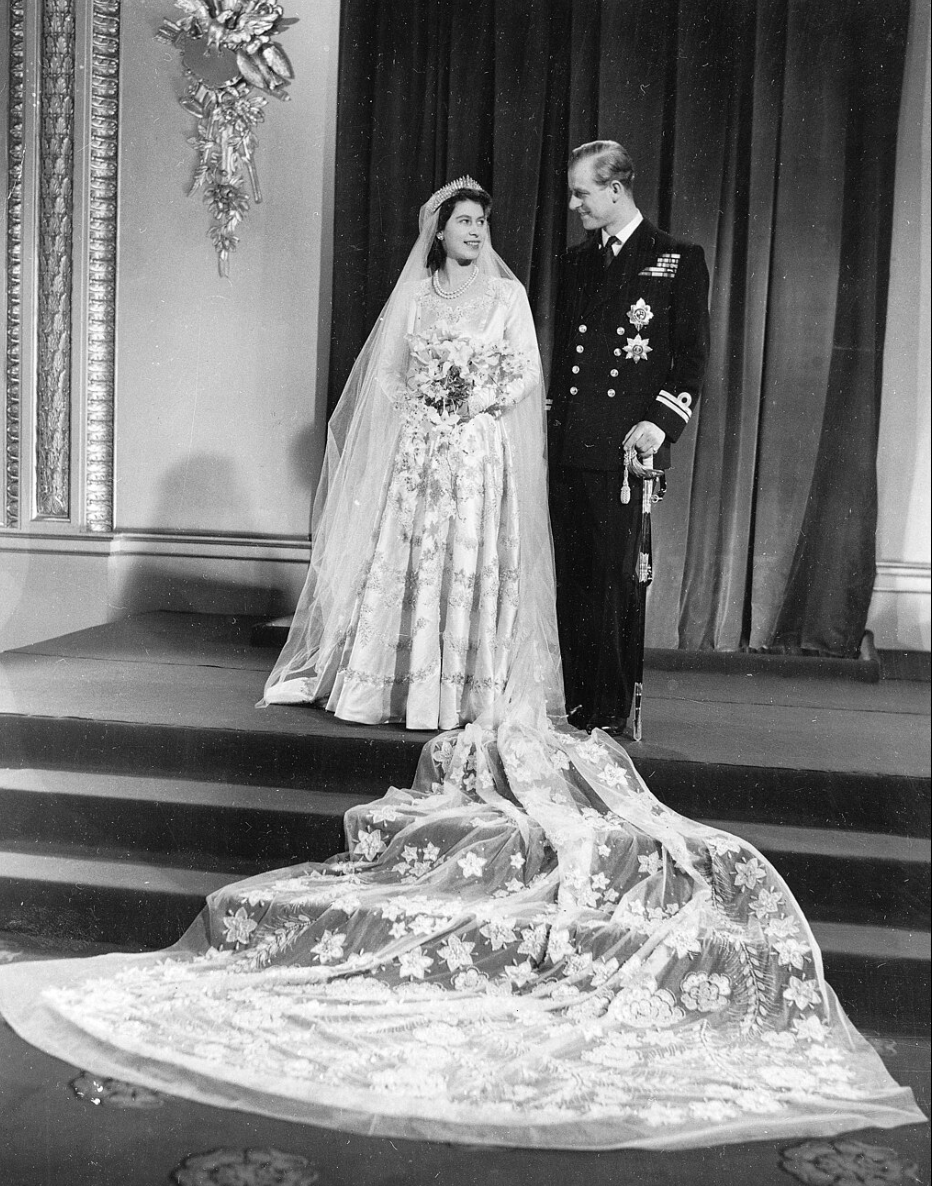
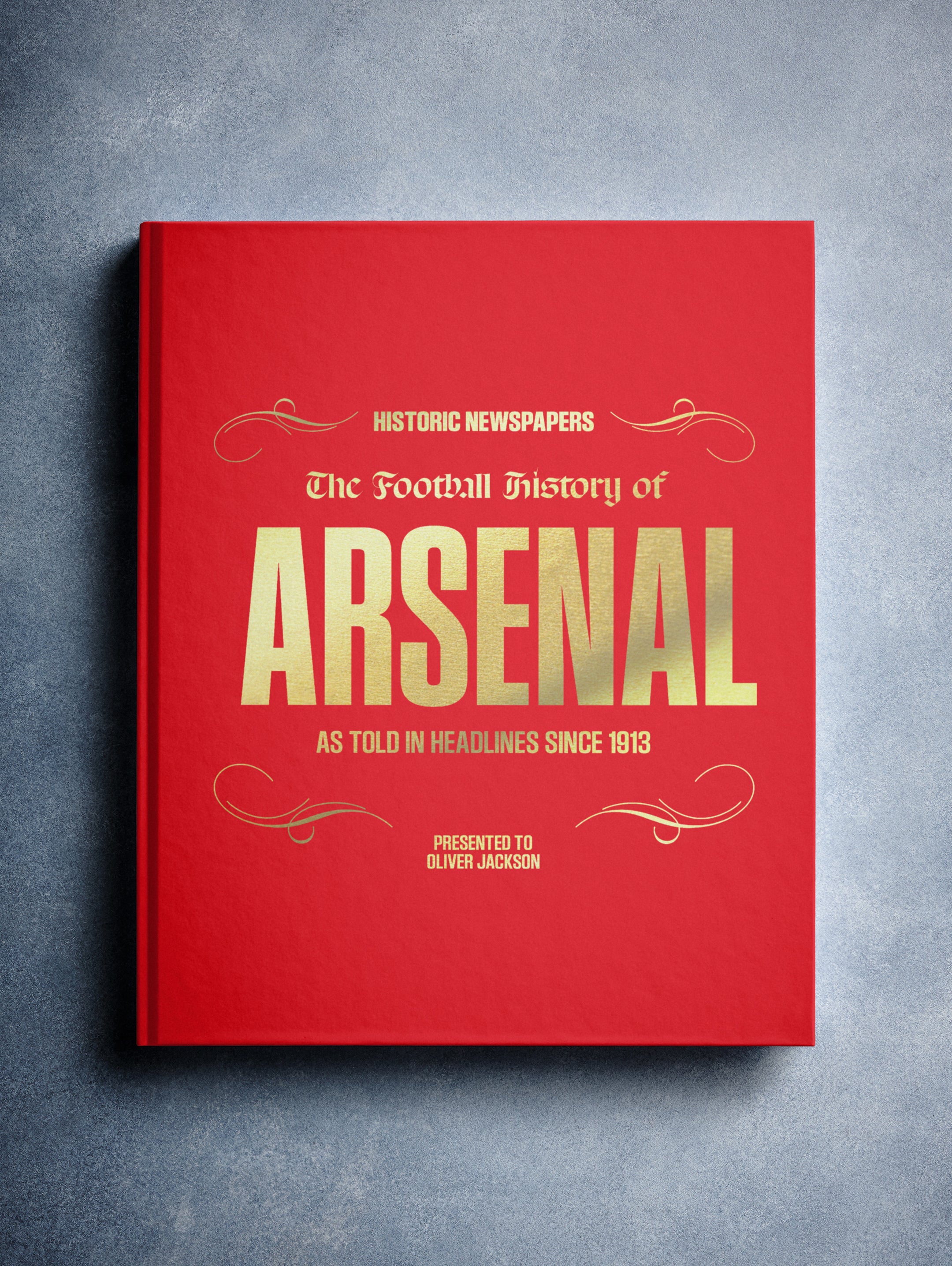

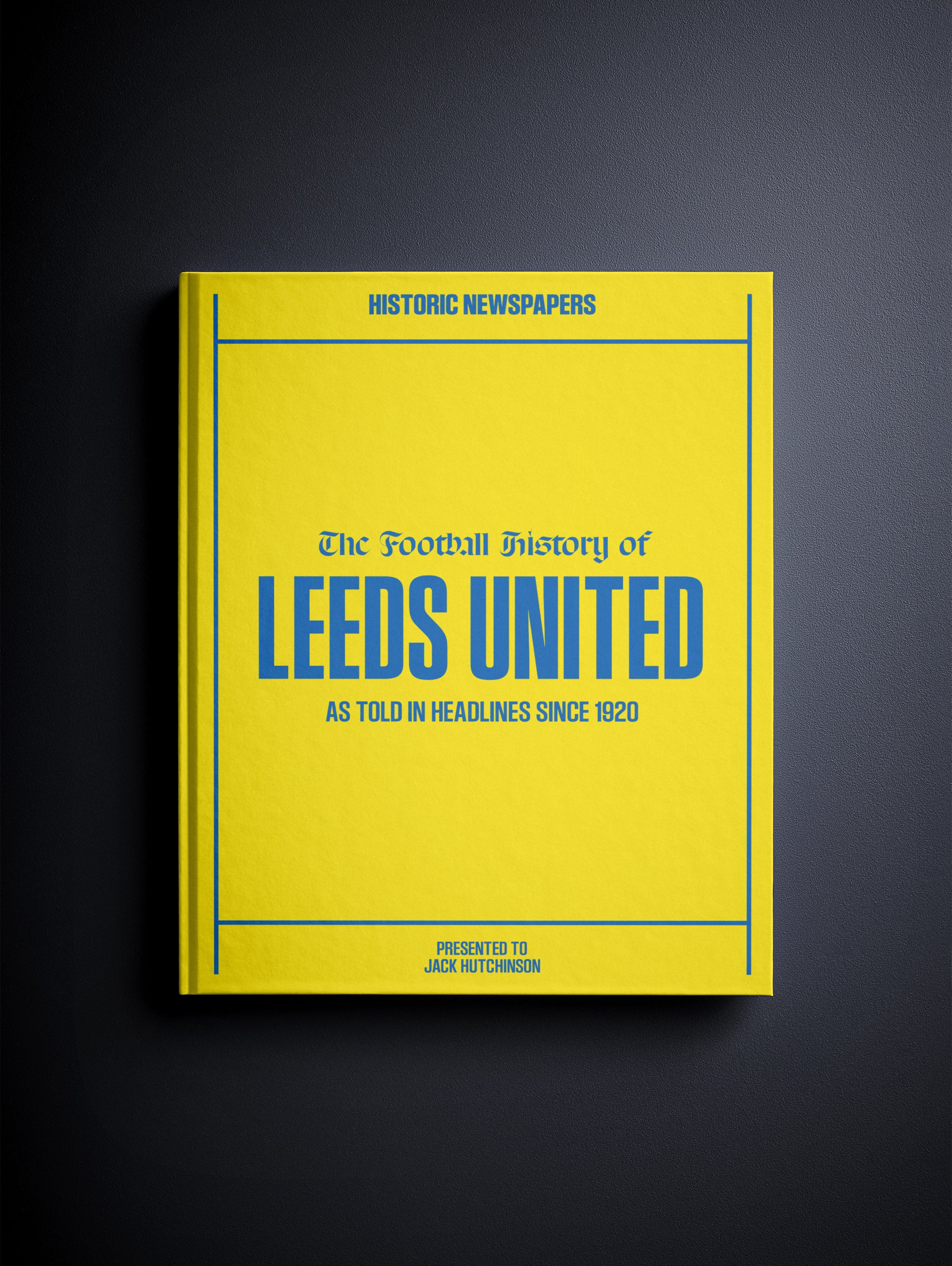

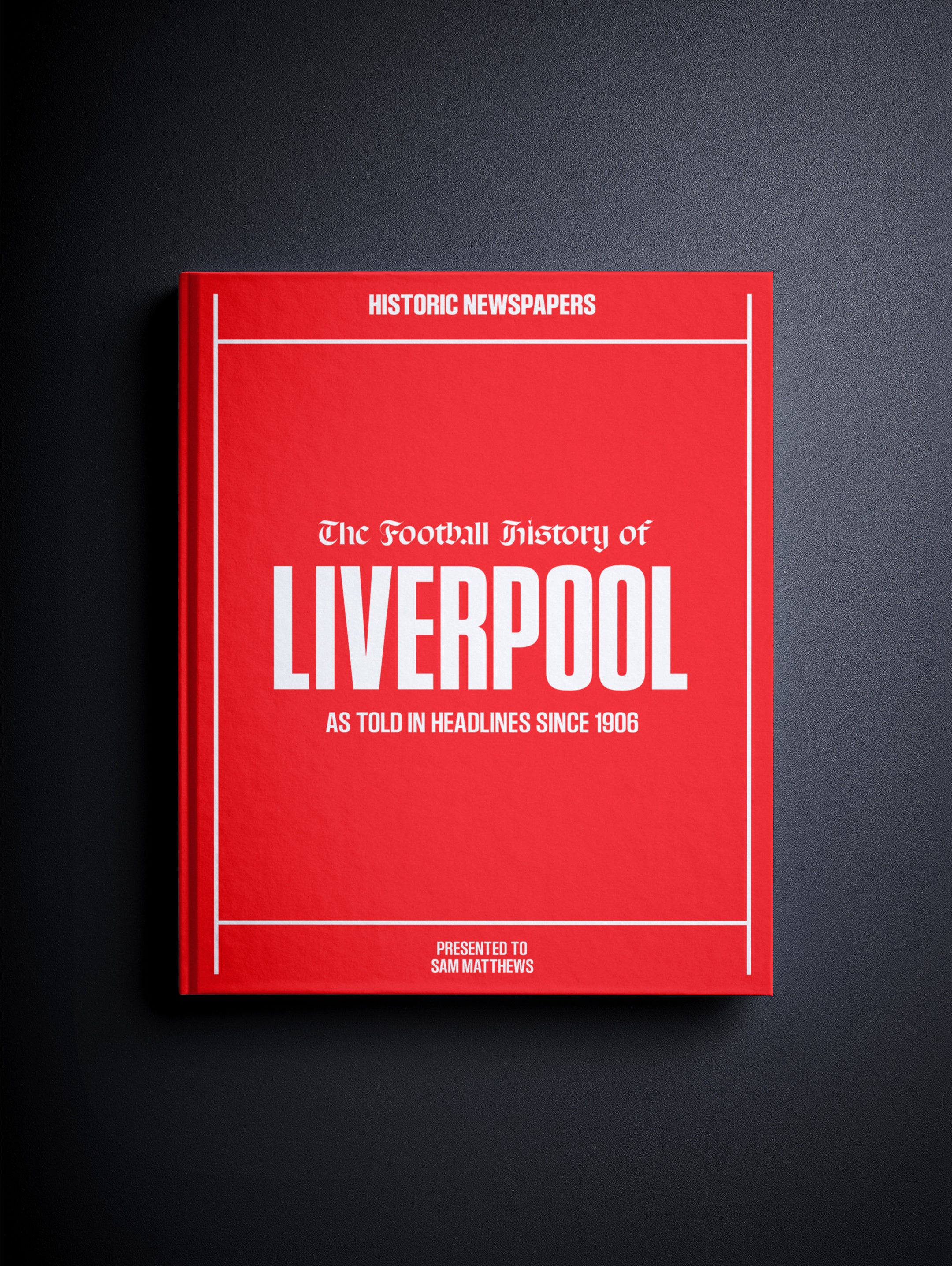

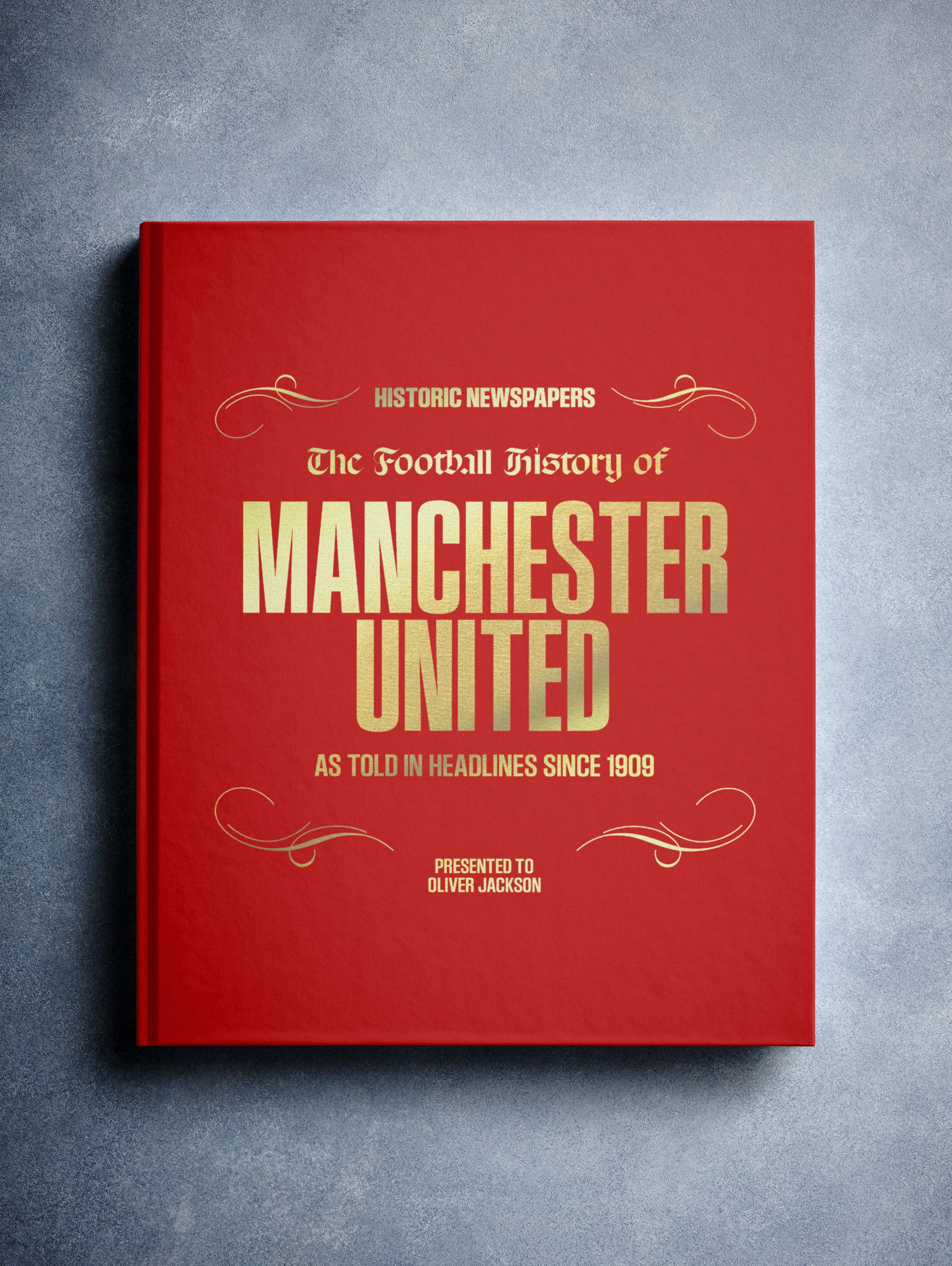





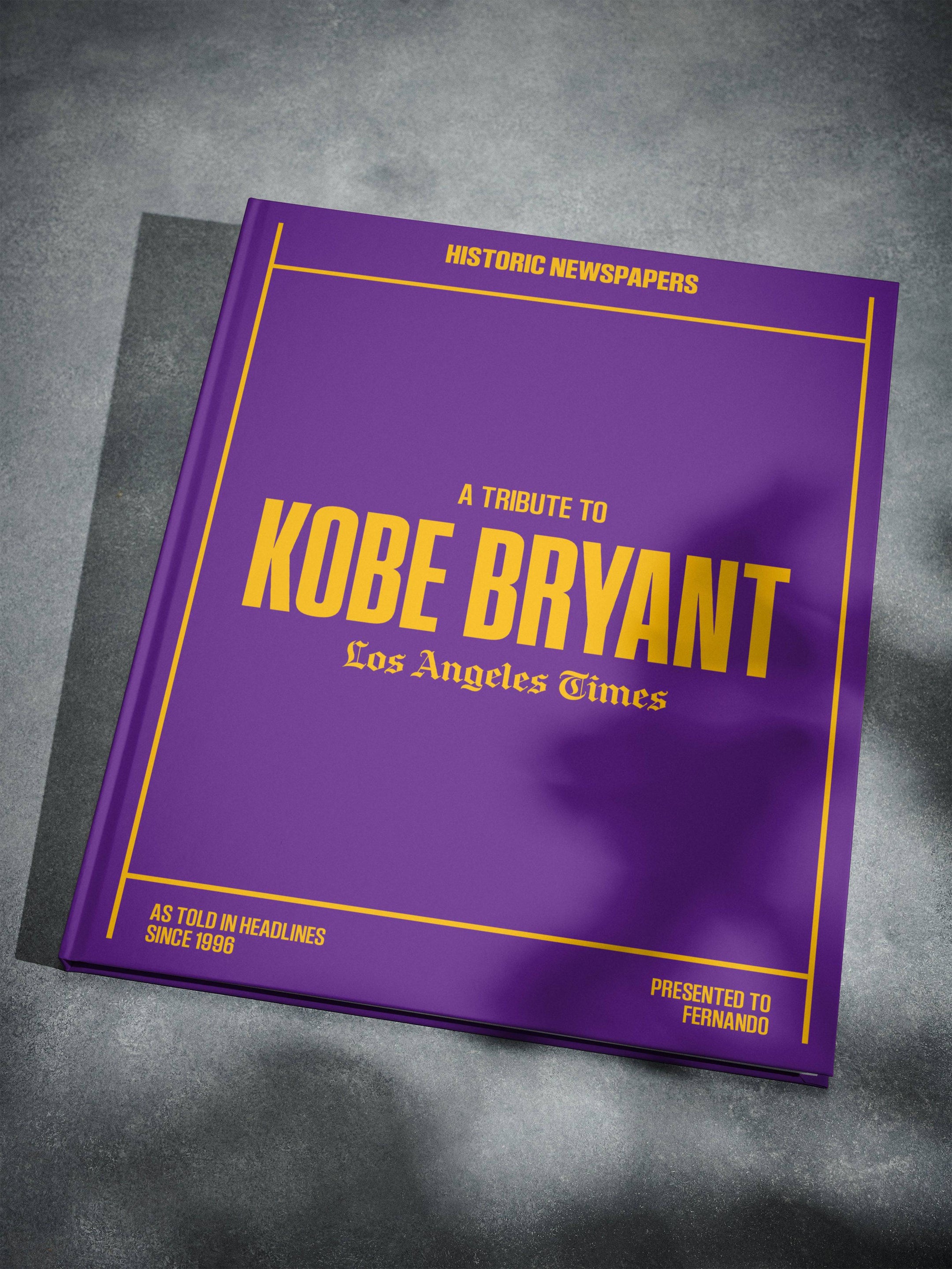

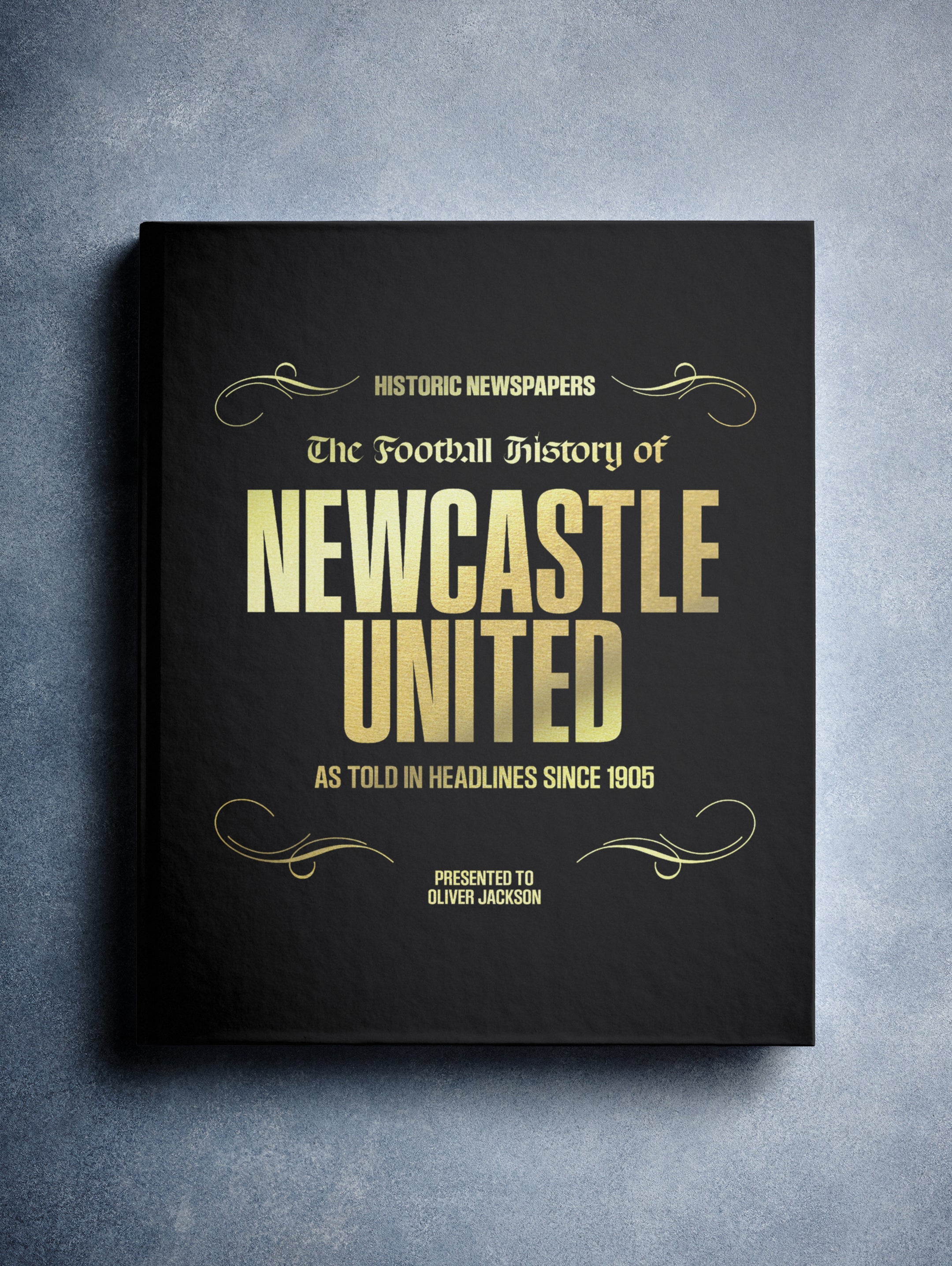





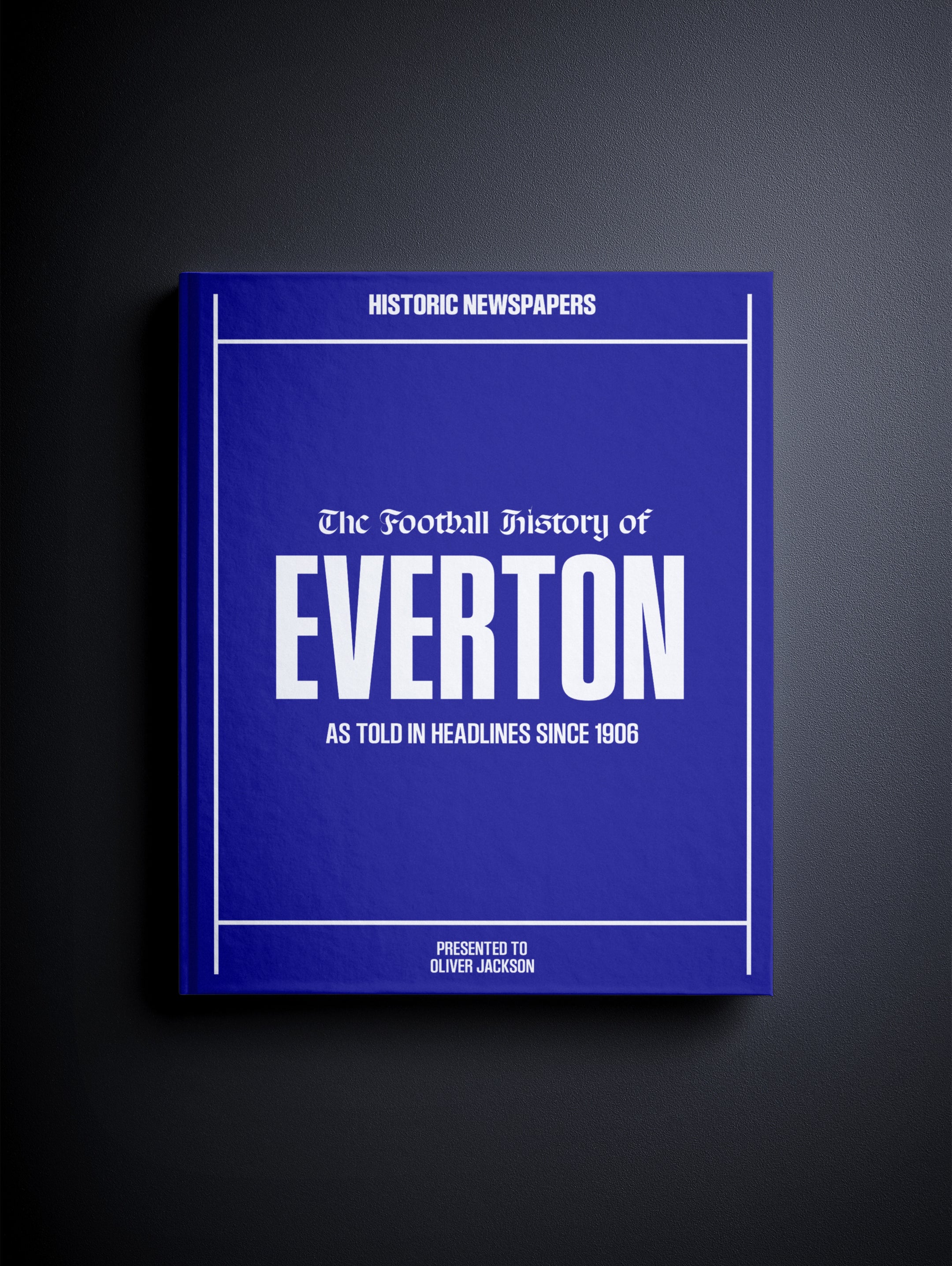

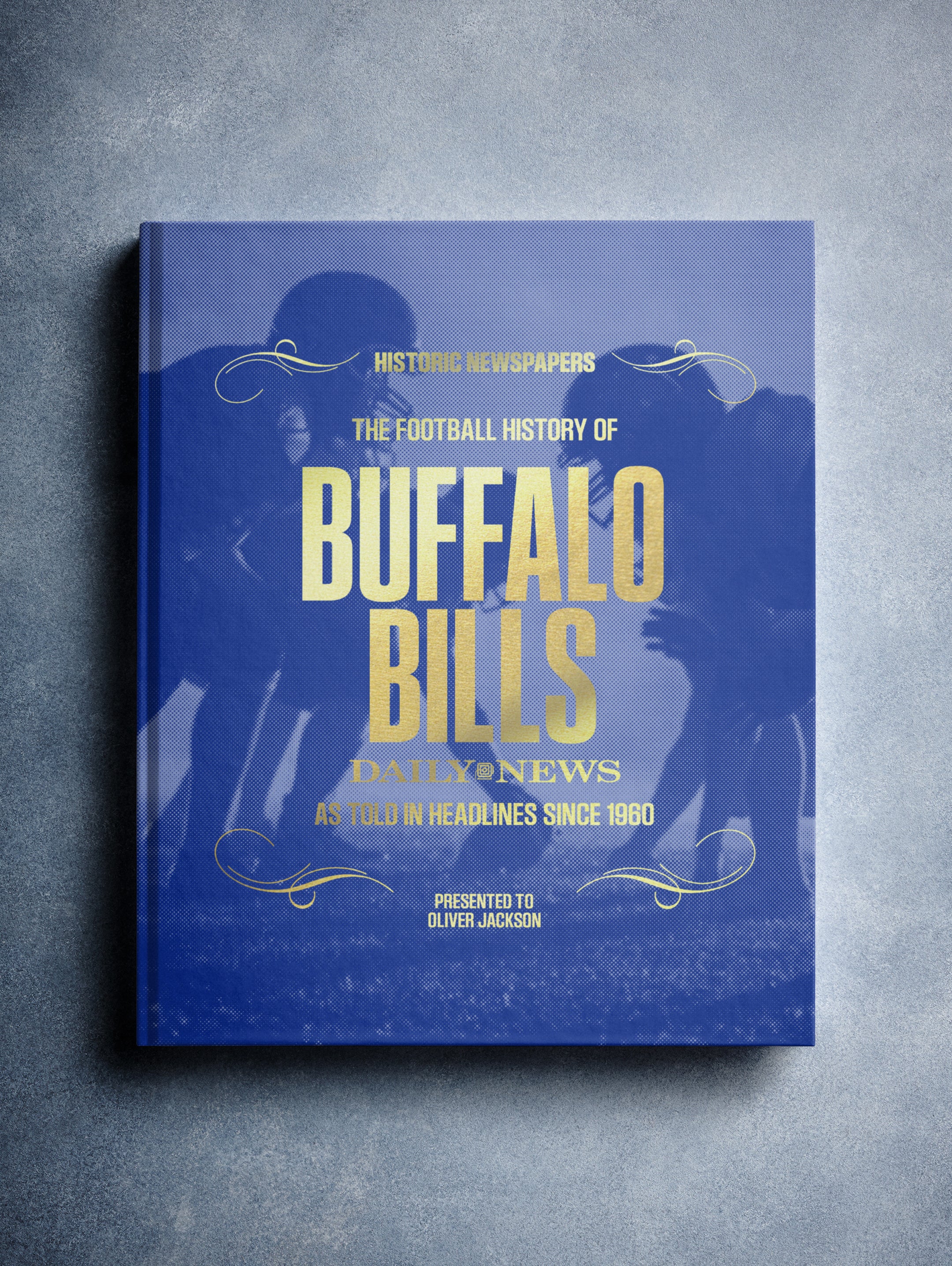


Follow us